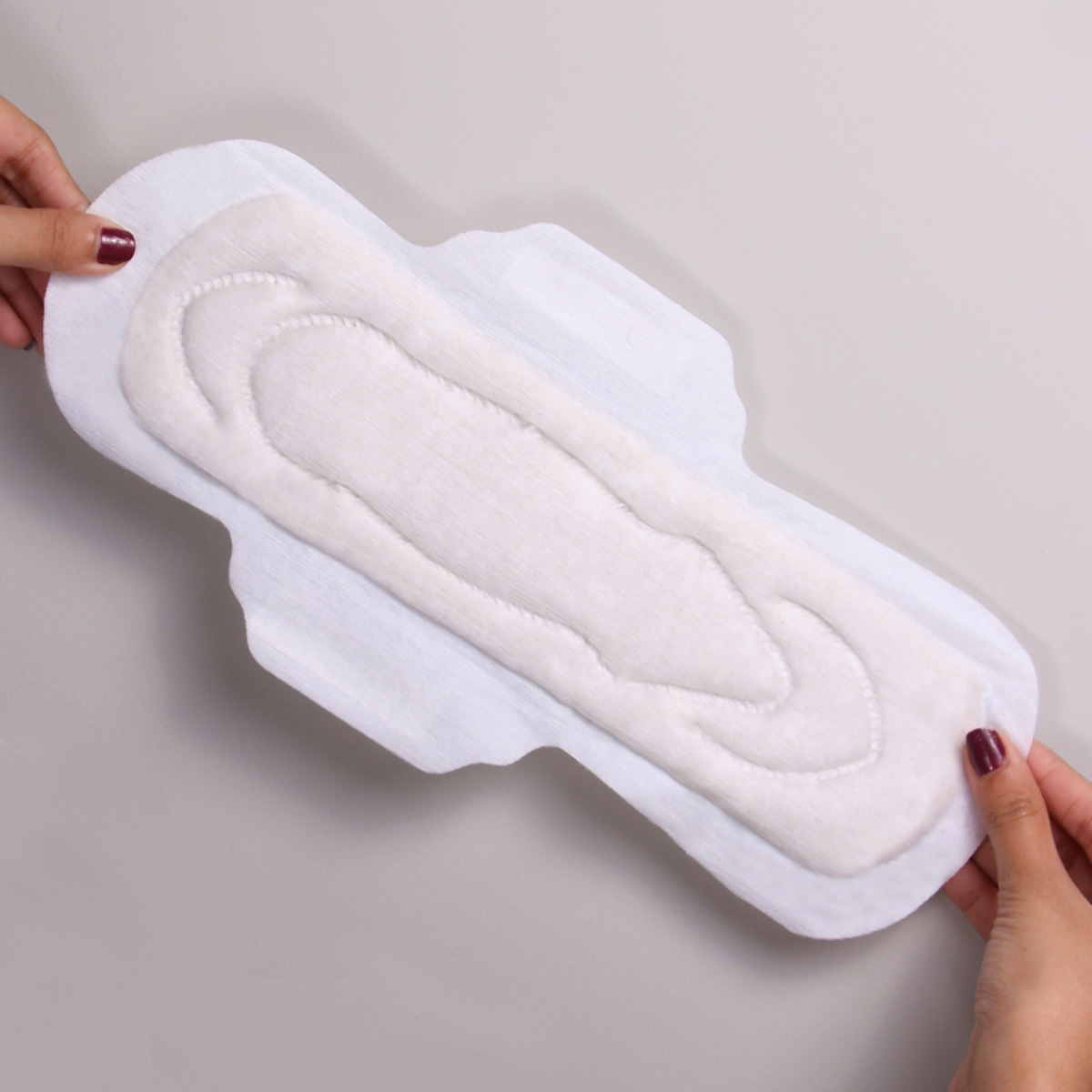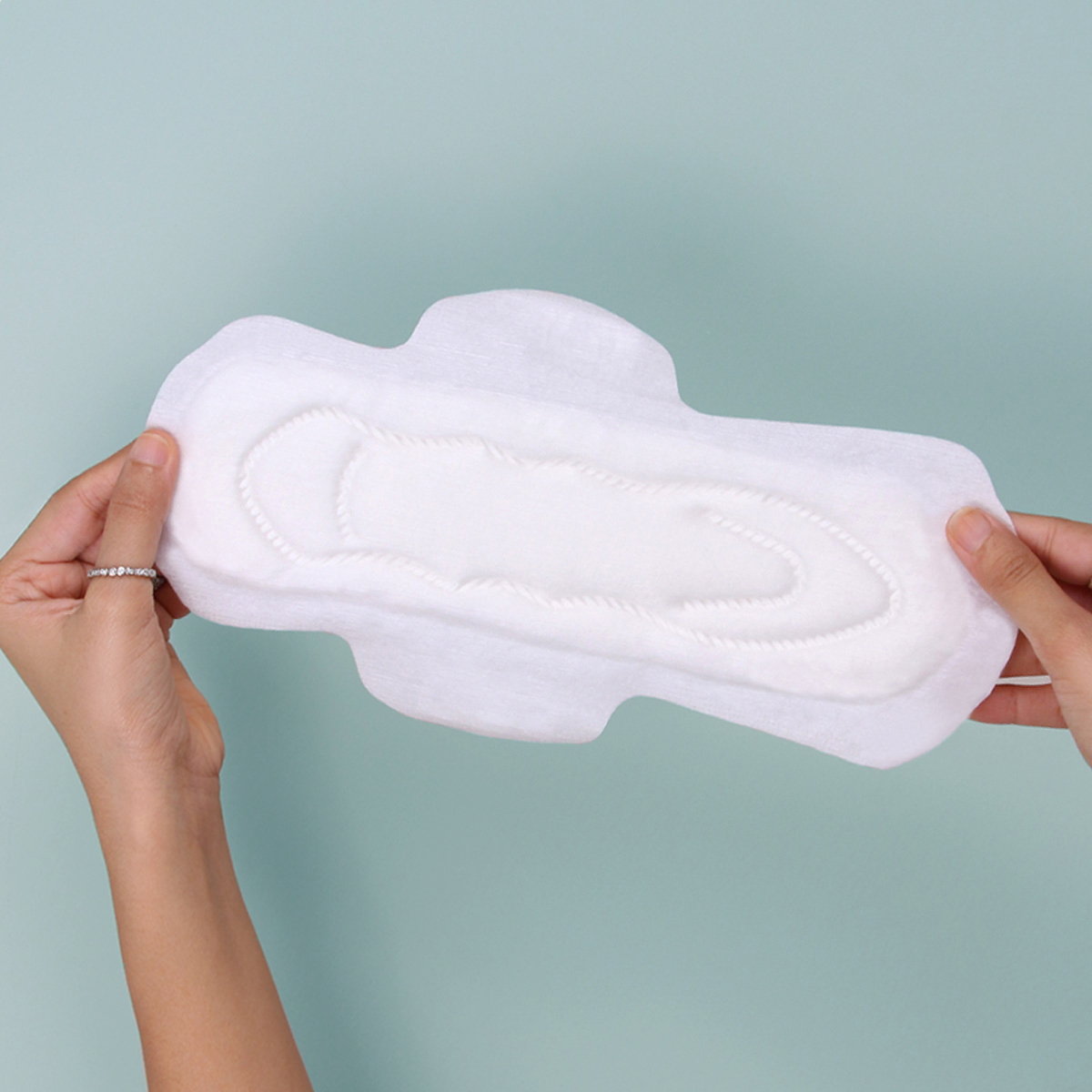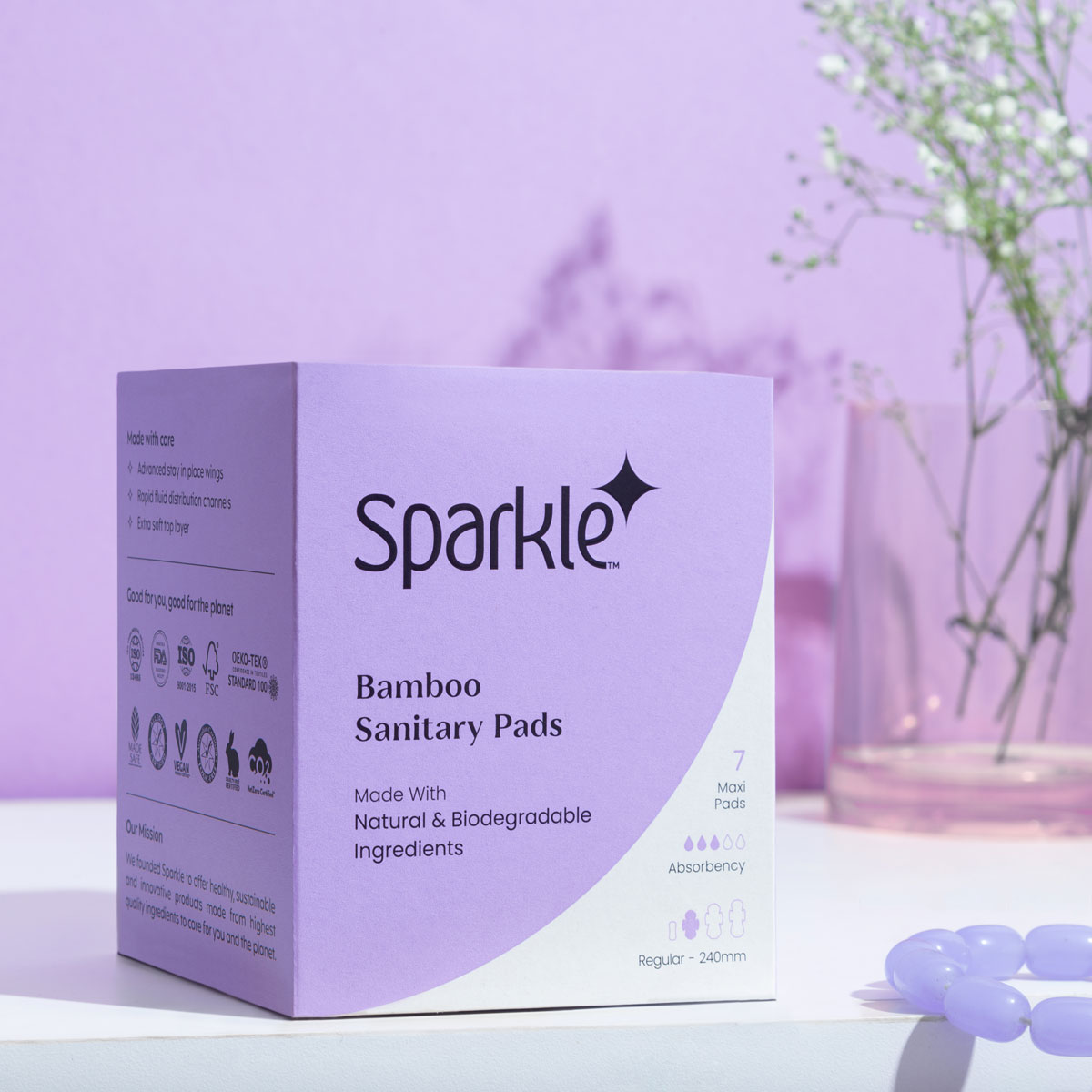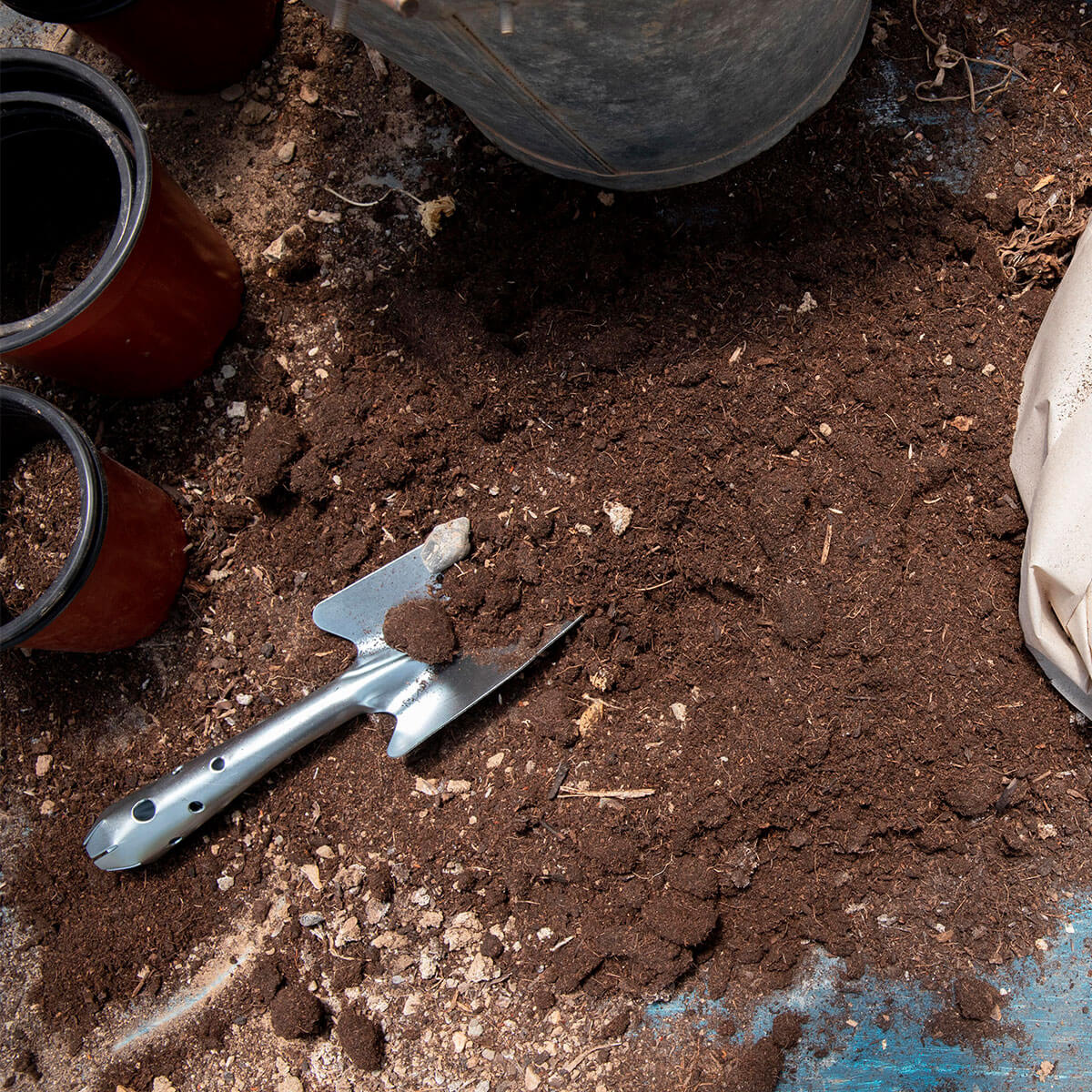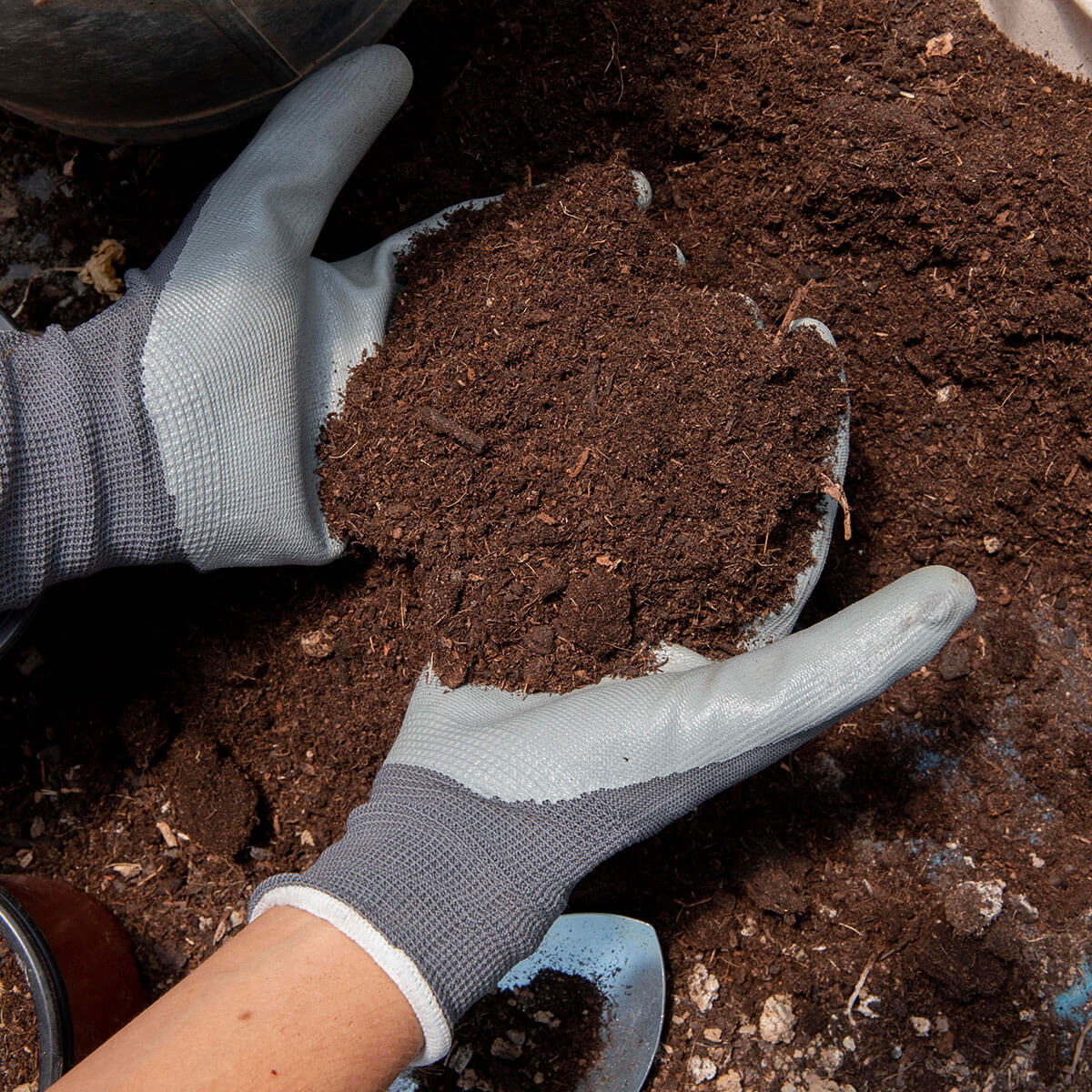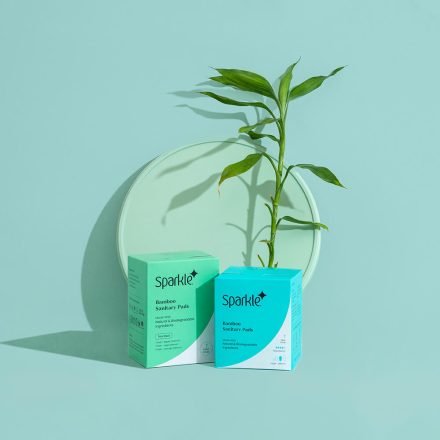If you gravitate towards green ways of living, research sustainability on the regular, and have an inclination towards re-using/recycling, it’s highly probable that composting will be high up on your interest list! While composting might be a common practice you’ve heard about, have you ever come across the term ‘hot composting’?
An extremely fast and efficient process, hot composting is steadily growing to be a popular practice among the folks living eco-friendly lifestyles. Here’s how you can give it a shot as well:
The clue lies in the name itself – hot composting, unsurprisingly, is a much faster method (and hotter way) of decomposing organic waste compared to regular composting, which is incidentally the cold bin method. Hot compost bins operate at temperatures around 40-65 degrees Celsius, and are significantly warmer as the method uses these high temperatures to achieve optimal microbial activity – ergo, this hastens the composting process and you can get usable compost in around 4-6 weeks!
In addition to the fast turnaround time, what are the benefits of hot composting?
Benefits of hot composting
One key advantage of hot composting is its ability to take on a wider variety of compostable materials. As the crux of this method depends primarily on the high temperature, it isn’t bound by seasons. In addition, the heat can kill off any unwanted bacteria, and its rapid nature doesn’t give much room for smells to emanate.
But how do I get started?
First, you’ll need a compost bin or a designated area ready to fill with organic waste. Start by chopping all your ingredients into smaller bits (including your natural sanitary pads) and adding in a good amount of existing ready compost as a starter. Not only does the ready compost have all the required microorganisms and bacteria you need, but their job to break down the ingredients also gets simplified as the materials are already in small chunks.
Keep a constant check on the temperature of your hot compost pile to make sure it doesn’t get too cold and go below 40°C or 104°F or become too hot (above 70°C or 158°F).
Note that the temperature of your hot composts will depend on moisture levels, the size of your organic matter, the type of compost starter you add, and the size of your pile. Feel free to experiment – you can try hot composting with different batches, you can either add/reduce water, and make batches smaller or bigger, to see the impact this has on the quality of the resulting compost.
Happy hot composting!
To learn more about composting your sanitary pads at home, please visit: How can I compost my sanitary pads at home?


